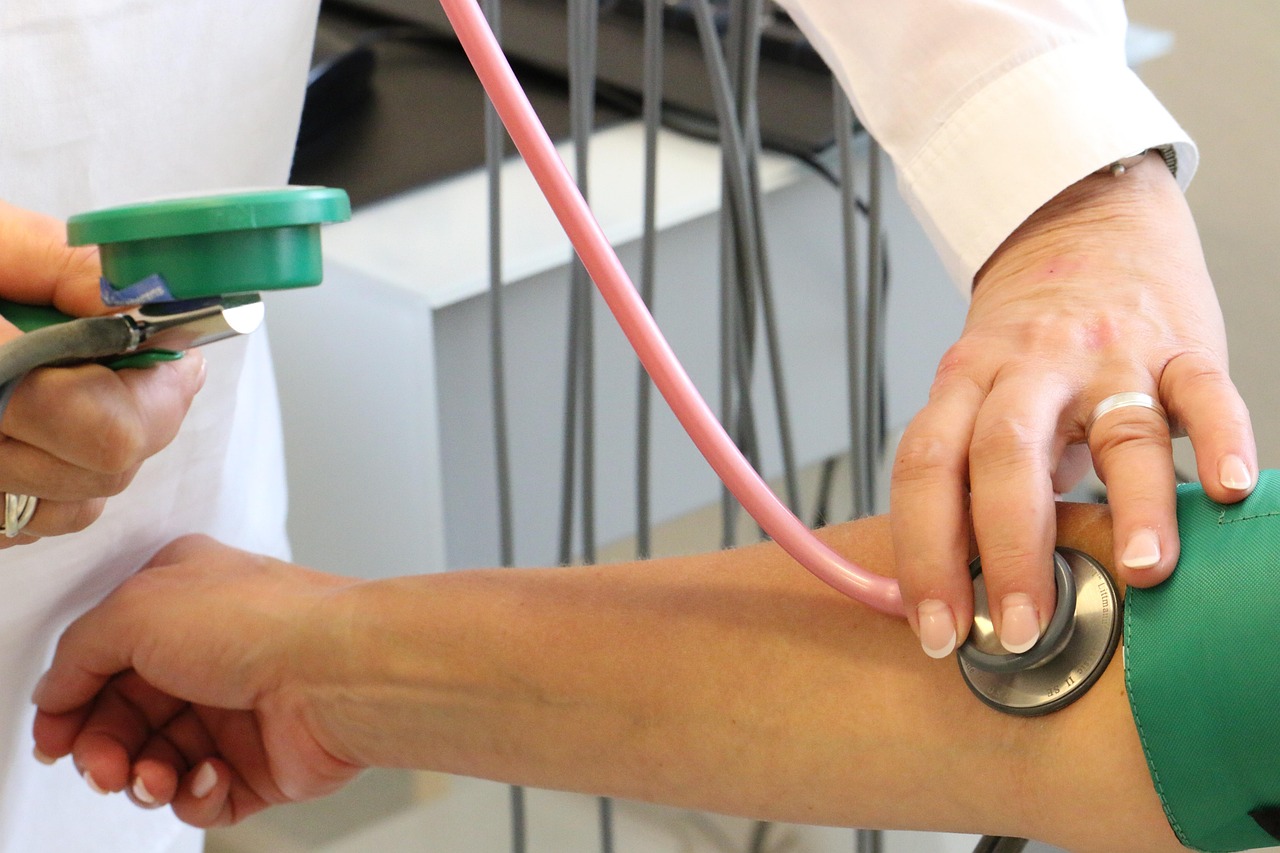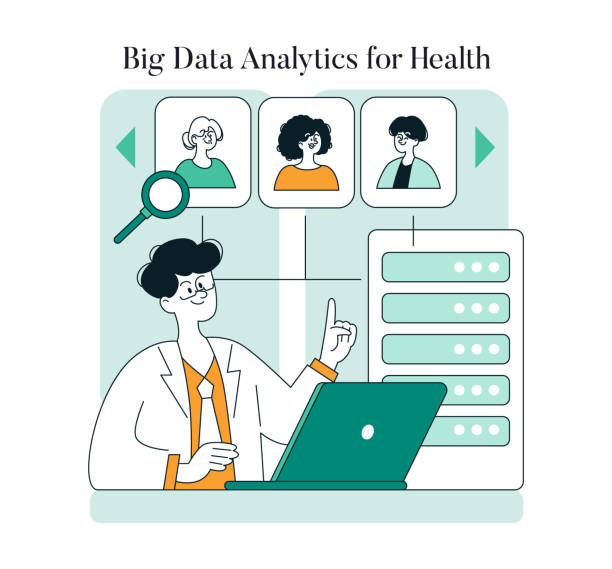Book Appointment Now

Essay: Identifying a Local Health Care Economic Issue in Jackson, Mississippi
The United States faces a wide spectrum of health care economic challenges, many of which are localized in underserved or economically distressed areas. One such area is Jackson, Mississippi—a city plagued by chronic health disparities, limited access to care, and underfunded medical infrastructure. The local health care economic issue in Jackson is emblematic of broader systemic failures where social determinants of health, workforce shortages, and poverty converge to produce severe public health outcomes.
This essay explores the specific economic issues facing Jackson, including the shortage of healthcare providers, lack of funding for public health facilities, and the influence of poverty and racial inequity on community health. It also presents solutions aimed at improving access, equity, and economic sustainability in local healthcare delivery.
Count on our nursing experts to deliver 100% custom paper on specific economic issues facing Jackson, Mississippi
Write my nursing essay
Health Care Economics and Community Health in Jackson
Jackson, the capital city of Mississippi, sits in one of the poorest states in the U.S. In 2023, Mississippi had the nation’s highest poverty rate at 19.4%, with Jackson reflecting an even more dire situation due to income disparities and a high proportion of residents without health insurance (U.S. Census Bureau, 2023). These economic limitations directly affect residents’ ability to access care, fill prescriptions, receive preventative screenings, and manage chronic conditions such as diabetes, hypertension, and asthma.
The social determinants of health, such as low educational attainment, unemployment, food insecurity, and substandard housing, have a compounding effect on health outcomes. The average life expectancy in Jackson is significantly lower than the national average, a reflection of both medical and economic inequities (Robert Wood Johnson Foundation, 2022).
Supply and Demand: A Crisis in Staffing and Infrastructure
A core economic issue in Jackson’s healthcare system is the imbalance between healthcare demand and available resources. The closure of multiple hospitals and emergency departments in recent years has left a service vacuum, especially for low-income and Medicaid patients. In 2022, the University of Mississippi Medical Center (UMMC) faced staffing shortages and funding cuts that compromised service delivery to hundreds of thousands of residents across central Mississippi.
There is a severe shortage of nurses, primary care physicians, and mental health professionals in the region. According to the Health Resources and Services Administration (HRSA), over 50% of Mississippi’s counties are designated as Health Professional Shortage Areas (HPSAs), with Jackson being no exception (HRSA, 2023). The imbalance means that even insured patients struggle to find providers, and emergency rooms are overcrowded with preventable cases.
Public Attitudes and the Impact of Resource Distribution
Public trust in the healthcare system in Jackson is low, particularly among marginalized communities. Historically, the Black population in Mississippi has faced systemic neglect and exploitation in medical settings, leading to lasting skepticism toward institutions. In addition, funding priorities at the state level often leave urban centers like Jackson under-supported.
While more affluent areas may receive private investments or benefit from nonprofit health initiatives, Jackson’s public health system relies heavily on inconsistent federal and state funding. These economic and political decisions directly shape health outcomes, reinforcing a cycle of poverty and illness.
A Closer Look at Senior Health and Food Insecurity
Senior citizens in Jackson face compounded risks. Many are dual-eligible for Medicare and Medicaid but lack access to consistent care due to provider shortages and transportation barriers. Preventative services like cancer screenings and diabetes management are underutilized due to cost concerns or limited local options.
Additionally, Jackson is a known food desert—a region where residents have limited access to affordable and nutritious food. This leads to poor dietary habits, obesity, and chronic disease, all of which increase healthcare costs and reduce quality of life.
Economic Consequences of Inaction
The economic impact of failing to address healthcare issues in Jackson is significant. Without accessible preventative care, more patients end up in emergency rooms or require costly hospitalizations. Missed workdays due to untreated illnesses reduce workforce productivity. Chronic disease management becomes more expensive and less effective.
Worse still, rural-urban migration driven by lack of services weakens the local tax base, reducing the city’s capacity to fund health initiatives. In economic terms, the healthcare crisis becomes both a driver and a symptom of community decline.
Pathways Toward Resolution
Addressing the local health care economic issue in Jackson, Mississippi requires a multi-pronged approach rooted in both policy and grassroots change:
1. Federal and State Funding Reform
Increased Medicaid expansion and investment in public health infrastructure could significantly improve outcomes. Mississippi remains one of the few states that has not expanded Medicaid, which limits access for low-income adults. Policy change at the state level is essential for unlocking federal support.
2. Workforce Development and Retention
Incentivizing medical professionals to work in Jackson through loan forgiveness, salary bonuses, and residency programs could help close the staffing gap. Supporting nursing schools and local training programs is also key.
3. Community Health Initiatives
Partnerships with churches, nonprofits, and schools can help address food insecurity and promote preventative care. Mobile health clinics and telehealth solutions can provide services in neighborhoods where clinics have closed.
4. Health Literacy Campaigns
Empowering residents with information about health insurance, disease prevention, and local resources increases healthcare utilization and improves public trust.
The local health care economic issue in Jackson, Mississippi, is a microcosm of the broader challenges facing underserved American communities. Poverty, policy gaps, and provider shortages have created a crisis in care that cannot be ignored. By identifying and addressing these challenges through strategic investment and community collaboration, it is possible to not only improve health outcomes but also restore economic vitality to the region. Equitable access to healthcare is not just a moral imperative—it is a foundational pillar of any thriving local economy.
References
Health Resources and Services Administration (HRSA). (2023). Health Professional Shortage Areas. https://data.hrsa.gov/topics/health-workforce/shortage-areas
Robert Wood Johnson Foundation. (2022). County Health Rankings & Roadmaps: Mississippi. https://www.countyhealthrankings.org
U.S. Census Bureau. (2023). QuickFacts: Jackson city, Mississippi. https://www.census.gov/quickfacts/jacksoncitymississippi







